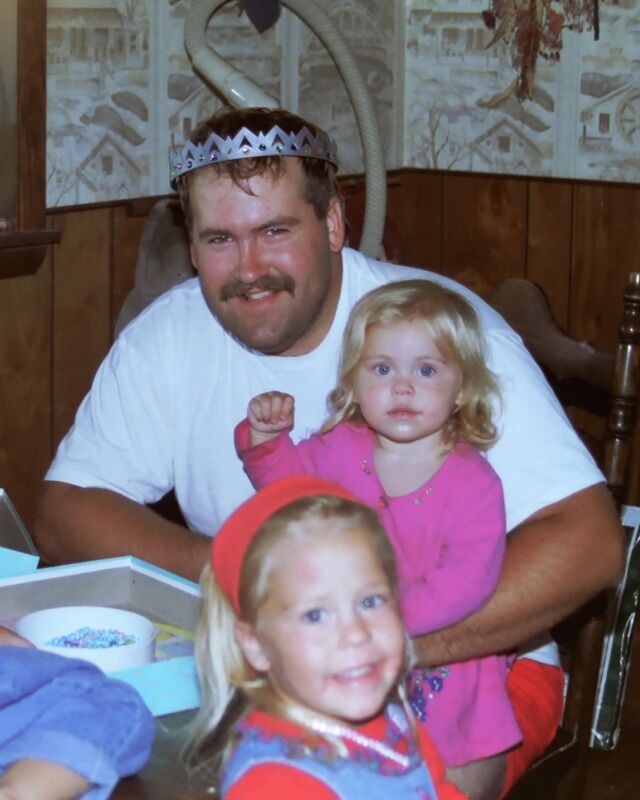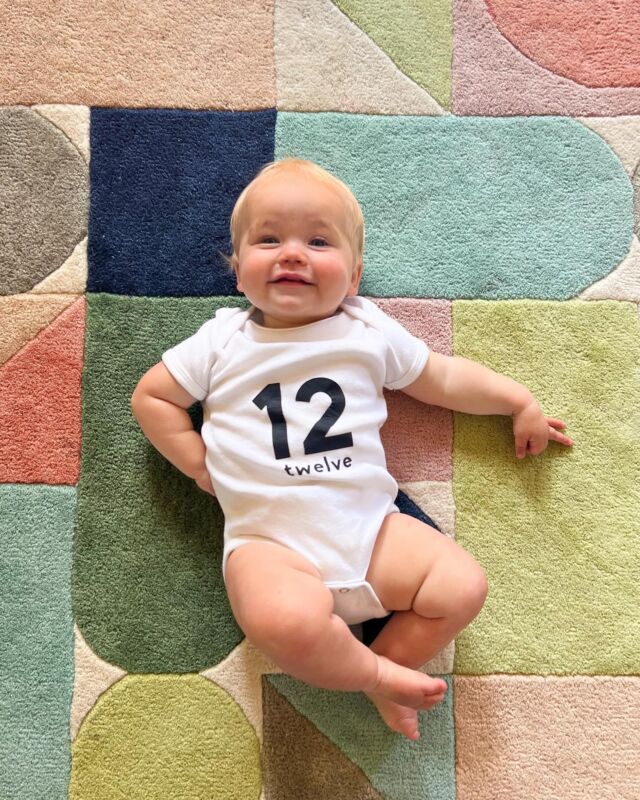This was one of the first books I read in 2021 when I decided to start reading more biographies of people’s lives to gain knowledge from important and influential people. I have focused more on prophet’s but my husband was interested in reading about the Wright Brothers, so we both started it. I believe I was the only one who finished it between us two, and here are a few specific details of what I enjoyed or learned from reading about their history-making life.
When you see one of these graceful crafts sailing over your head, and possibly over your home, as I expect you will in the near future, see if you don’t agree with me that the flying machine is one of God’s most gracious and precious gifts.
“God in his great mercy has permitted me to be, at least somewhat instrumental in ushering in and introducing to the great wide world an invention that may outrank electric cars, the automobiles . . . and . . . may fairly take a place beside the telephone and wireless telegraphy,” a journalist named Root would begin his eyewitness account.
Growing Up Years
The greatest thing in our favor was growing up in a family where there was always much encouragement to intellectual curiosity.”
Their patient perseverance, their calm faith in ultimate success, their mutual consideration of each other, might have been considered phenomenal in any but men who were well born and well reared.
Determination & Persistence
What the two had in common above all was unity of purpose and unyielding determination. They had set themselves on a “mission.”
Many men are better fitted for improving chances offered them than in turning up the chances themselves.
In no way did any of this discourage or deter Wilbur and Orville Wright, any more than the fact that they had had no college education, no formal technical training, no experience working with anyone other than themselves, no friends in high places, no financial backers, no government subsidies, and little money of their own. Or the entirely real possibility that at some point, like Otto Lilienthal, they could be killed.
Wrights were “two of the workingest boys” ever seen, “and when they worked, they worked. . . . They had their whole heart and soul in what they were doing.”
They “could do anything they put their hands to.”
Unable to sleep, he lay awake thinking about ways to achieve an even better system of control when suddenly he had an idea:
It wasn’t luck that made them fly; it was hard work and common sense; they put their whole heart and soul and all their energy into an idea and they had the faith.
Taking Risks
“The man who wishes to keep at the problem long enough to really learn anything positively must not take dangerous risks. Carelessness and overconfidence are usually more dangerous than deliberately accepted risks.”
“Never in the history of the world had men studied the problem with such scientific skill nor with such undaunted courage.”
“They were…scientific explorers serving the world much as Columbus had.”
When Columbus discovered America, he did not know what the outcome would be, a journalist would conclude his account. Not even “the wildest enthusiast” could have foreseen. “In a like manner these two brothers have probably not even a faint glimpse of what their discovery is going to bring to the children of men.”
Financial Advice
All the money anyone needs is just enough to prevent one from being a burden on others.
They had done it together on their own, paying their own way, as they did everything, and they intended to keep going on their own.

Characteristic Quirks: Weaknesses that were actually Strengths
It was characteristic of all his family, Wilbur said, to be able to see the weak points of anything. This was not always a “desirable quality,” he added, “as it makes us too conservative for successful business men, and limits our friendships to a very limited circle.”
Wilbur Wright, his thin, serious face, lit by the strangely gentle, intelligent and radiant eyes. . . . I had to admit: no, this man is not a bluffer.”
One day the reporters who hung about as close as permitted hoping for a chance to talk to Wilbur saw some small boys from the garrison approaching the guards and expected to see the children rebuffed as they had been. Instead they saw Wilbur, “a kindly smile” on his face, welcome them, then through the open doors watched as he “explained every detail on the machine.”
Honoring the Sabbath
True to the Wright rules of life, he did not work on Sundays, but instead wrote letters or went sightseeing.
That night, while the normally sleepy town of Le Mans celebrated, the hero retired early to his shed.
“Today, because it is Sunday, M. Wright, a good American, would not think of breaking the Sabbath.”
Grit
“Their grit, because of their persistence, because of their loyalty to conviction, because of their indefatigable industry, because of their hopefulness and above all, because of their sterling American quality of compelling success.”
“We learn much by tribulation, and by adversity our hearts are made better.”
The Beginning of Skyrocketing History-making Inventions
Anyone wanting proof of the pace of change in the new century had only to consider that just one year before, in August 1908, at Le Mans, all the excitement had been about one man only, Wilbur Wright, flying one airplane before about 150 people to start with. This August at Reims, a total of twenty-two pilots would take off in as many planes, before colossal grandstands accommodating fifty thousand people.
On July 20, 1969, when Neil Armstrong, another American born and raised in western Ohio, stepped onto the moon, he carried with him, in tribute to the Wright brothers, a small swatch of the muslin from a wing of their 1903 Flyer.









